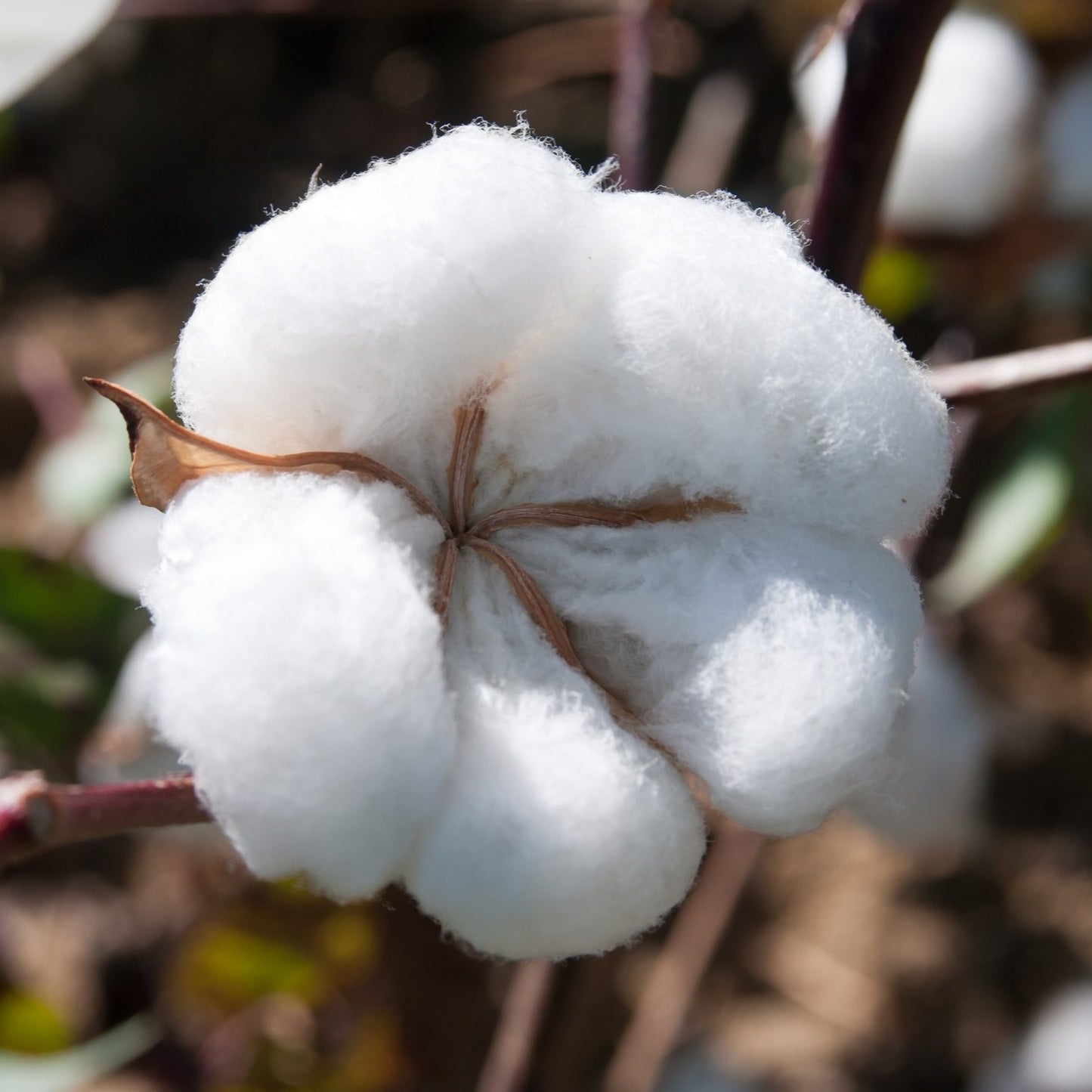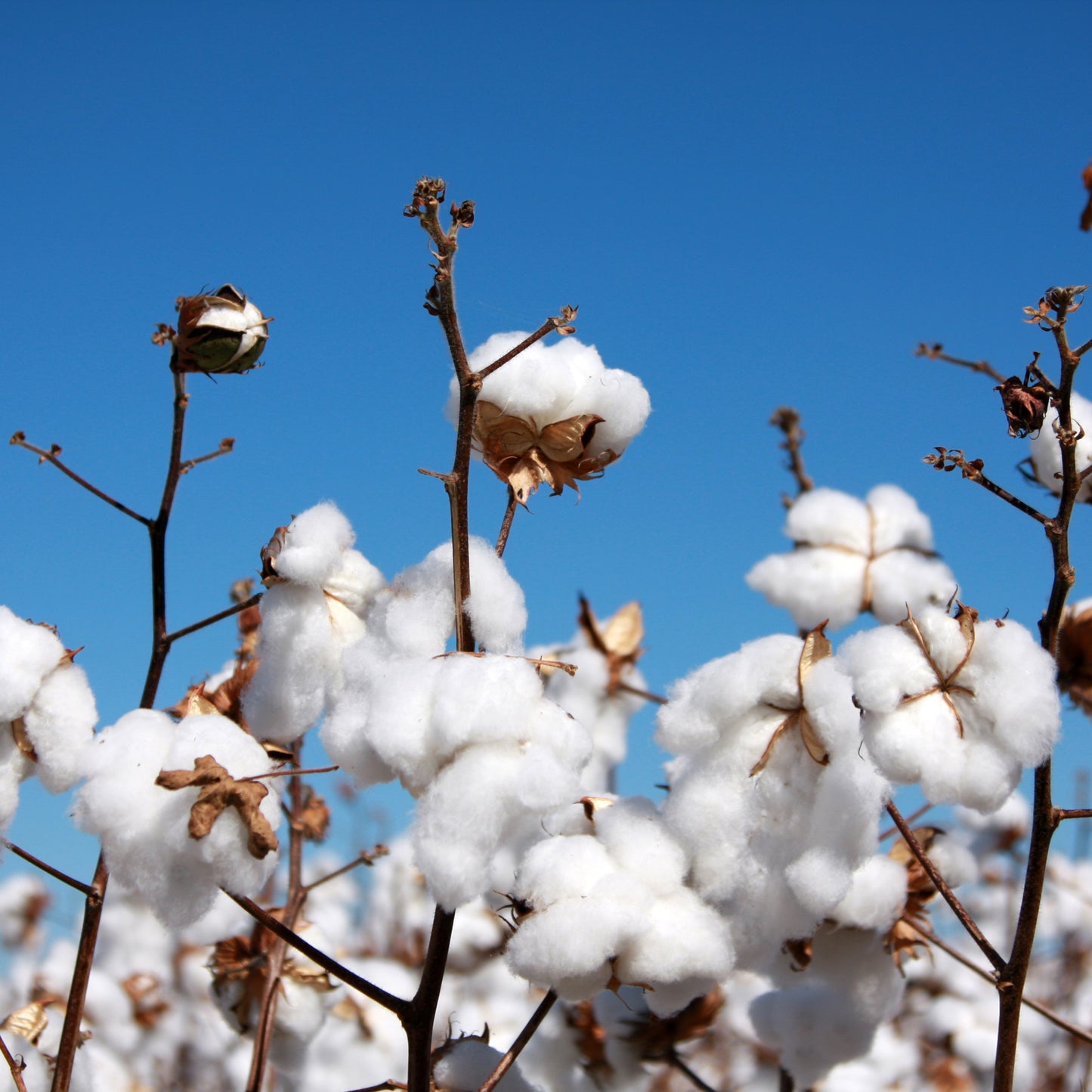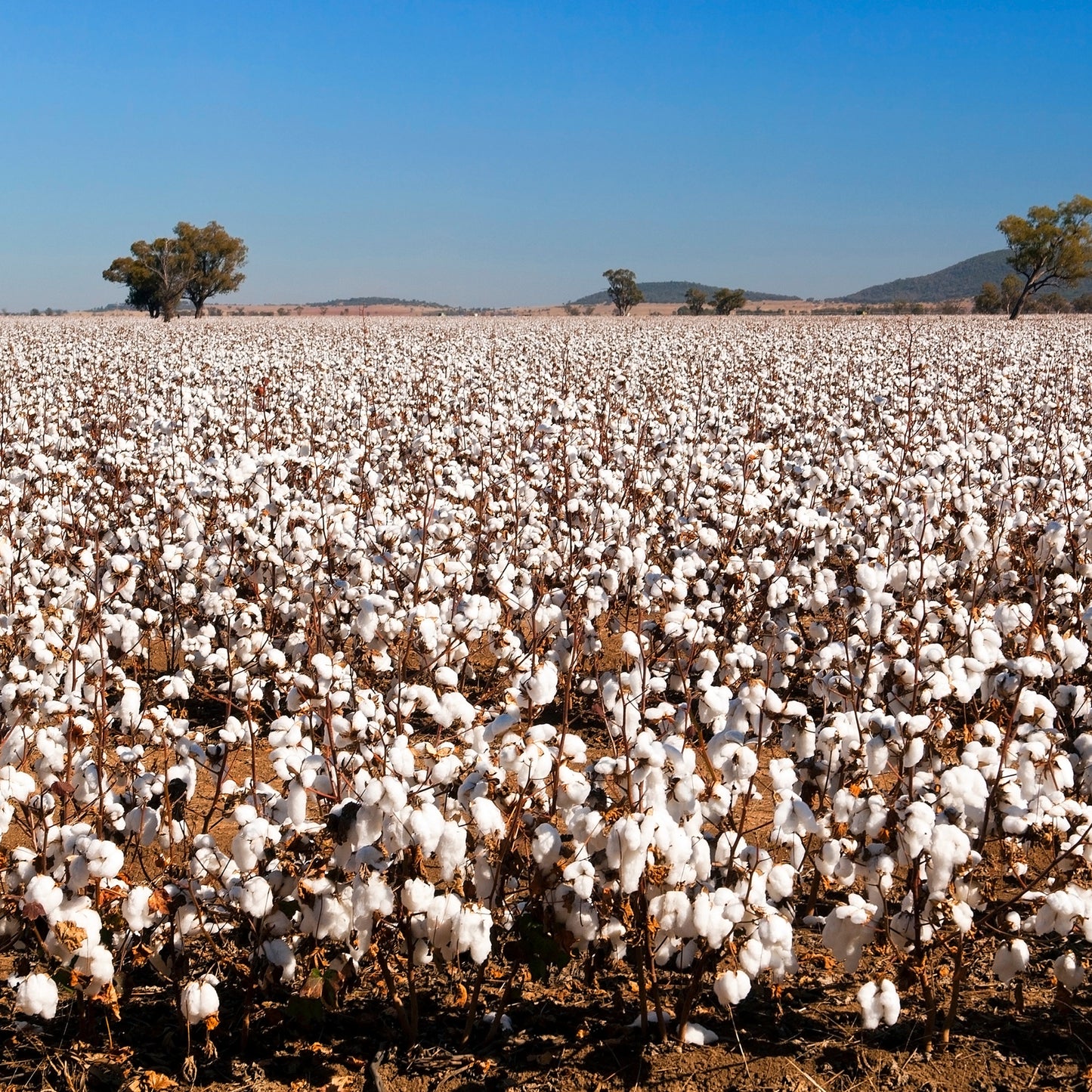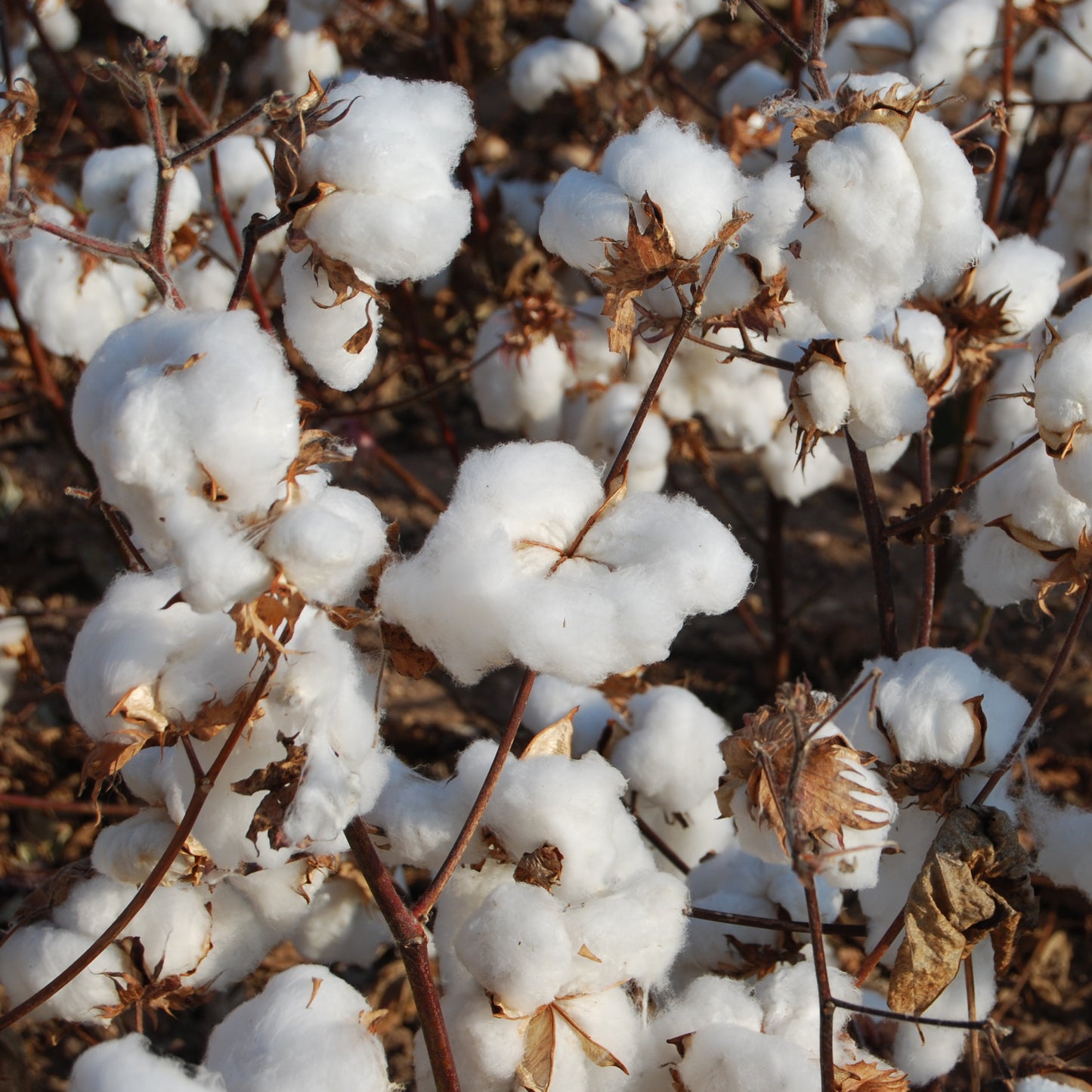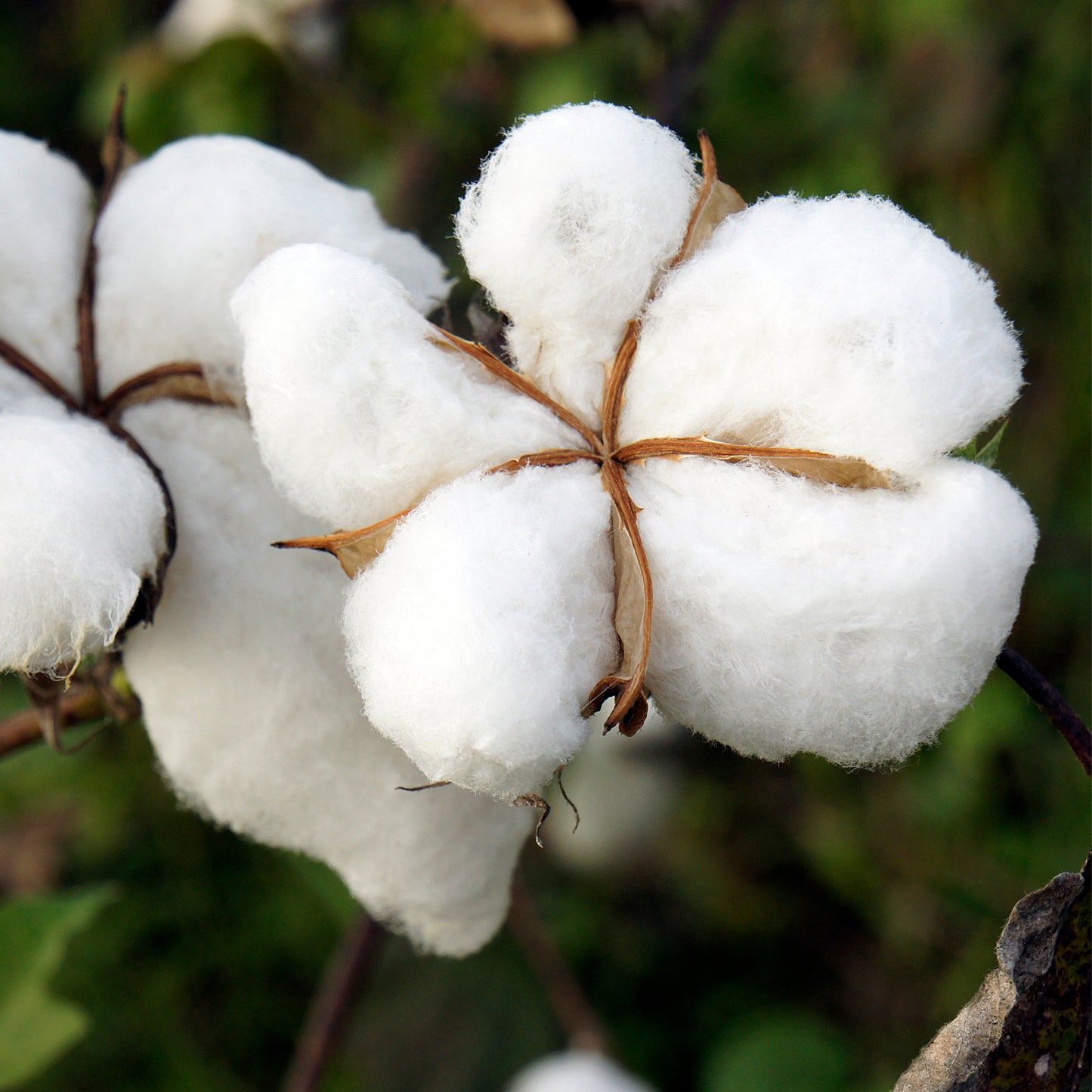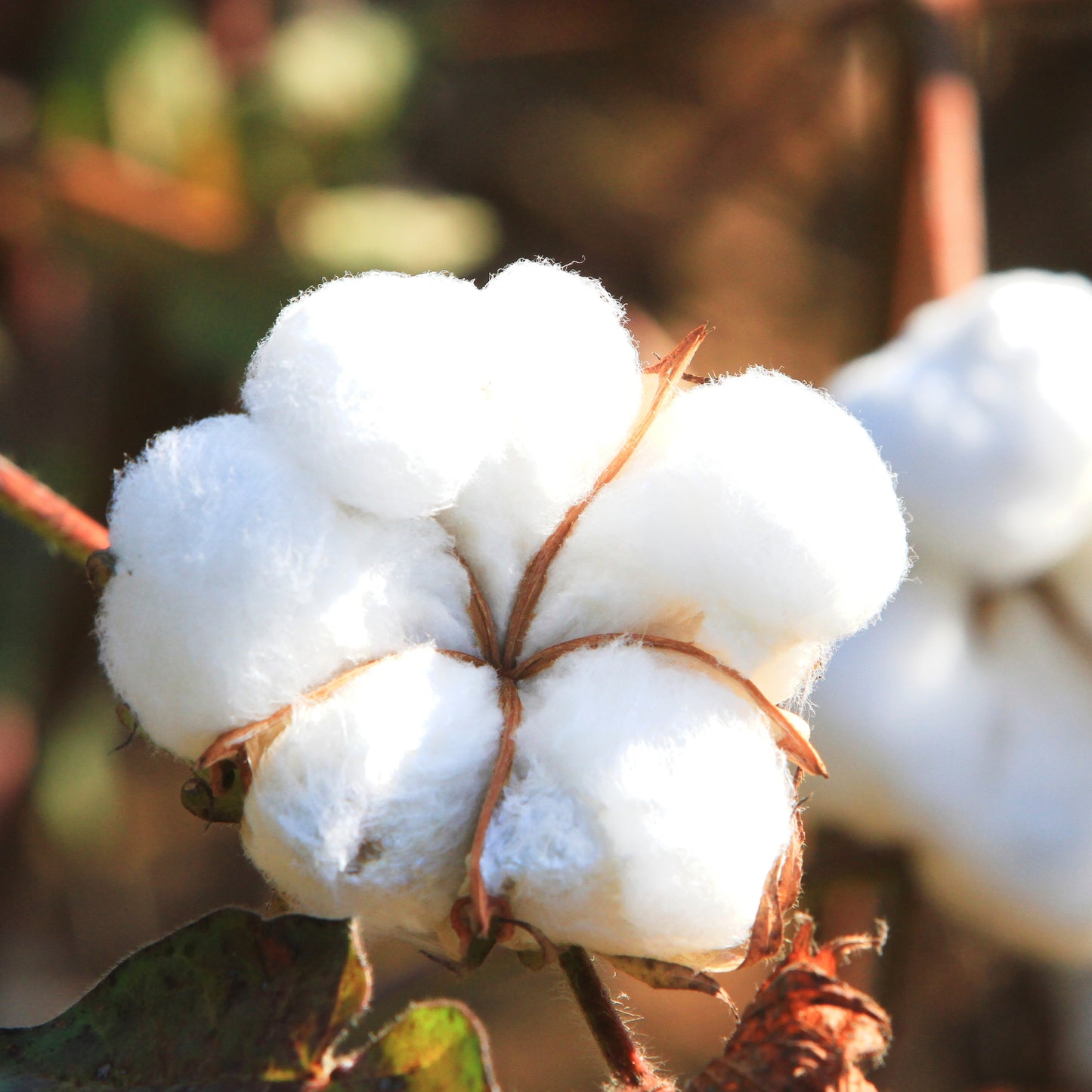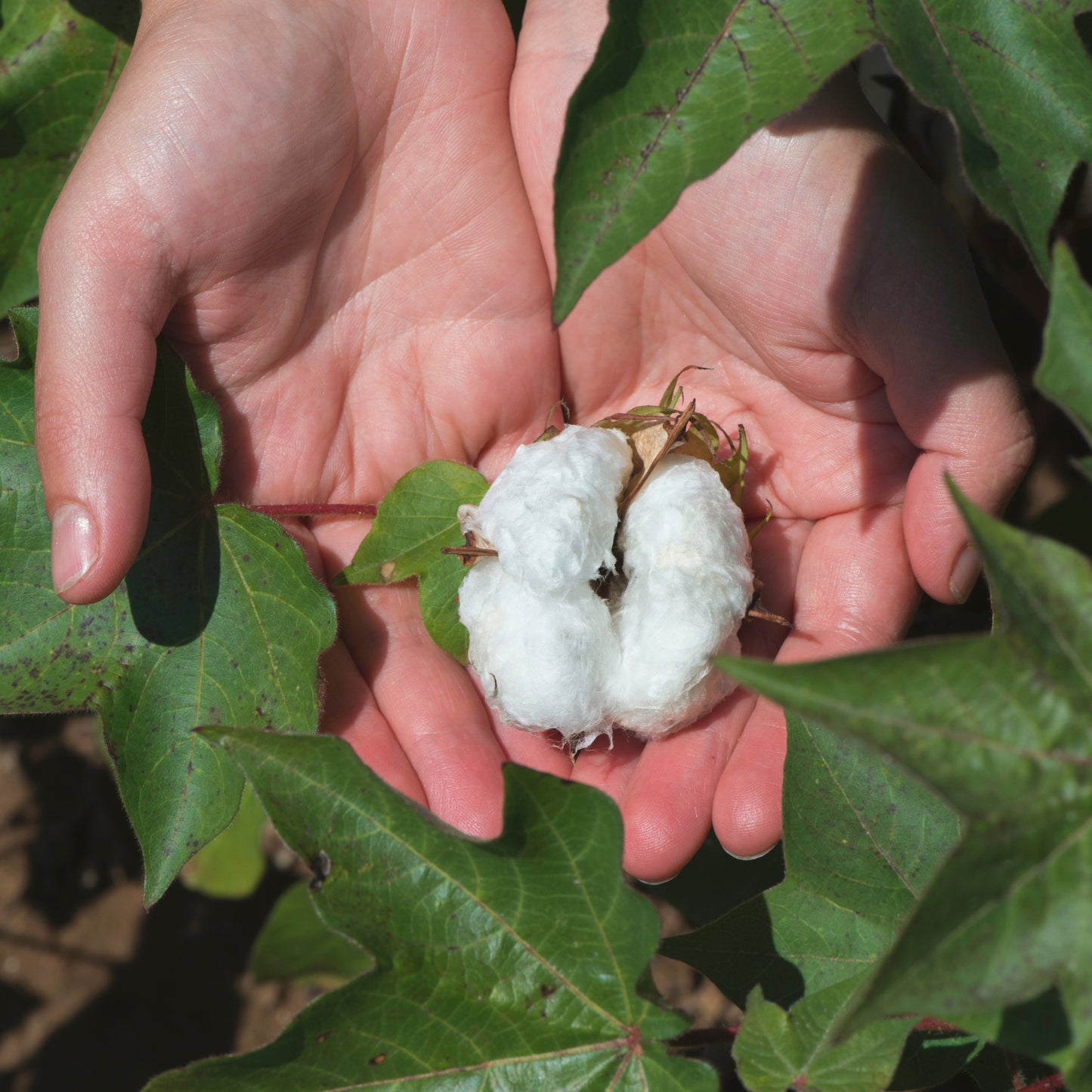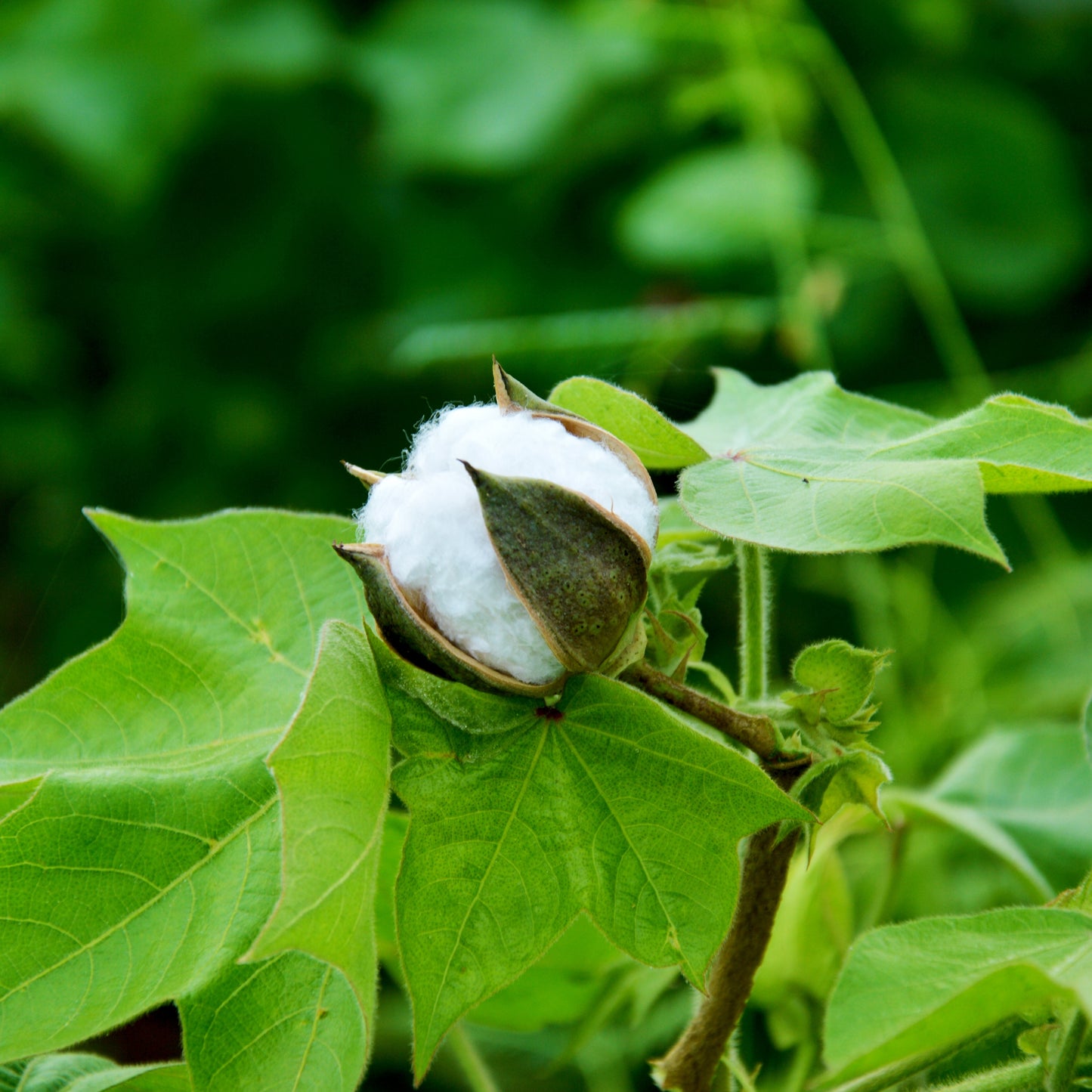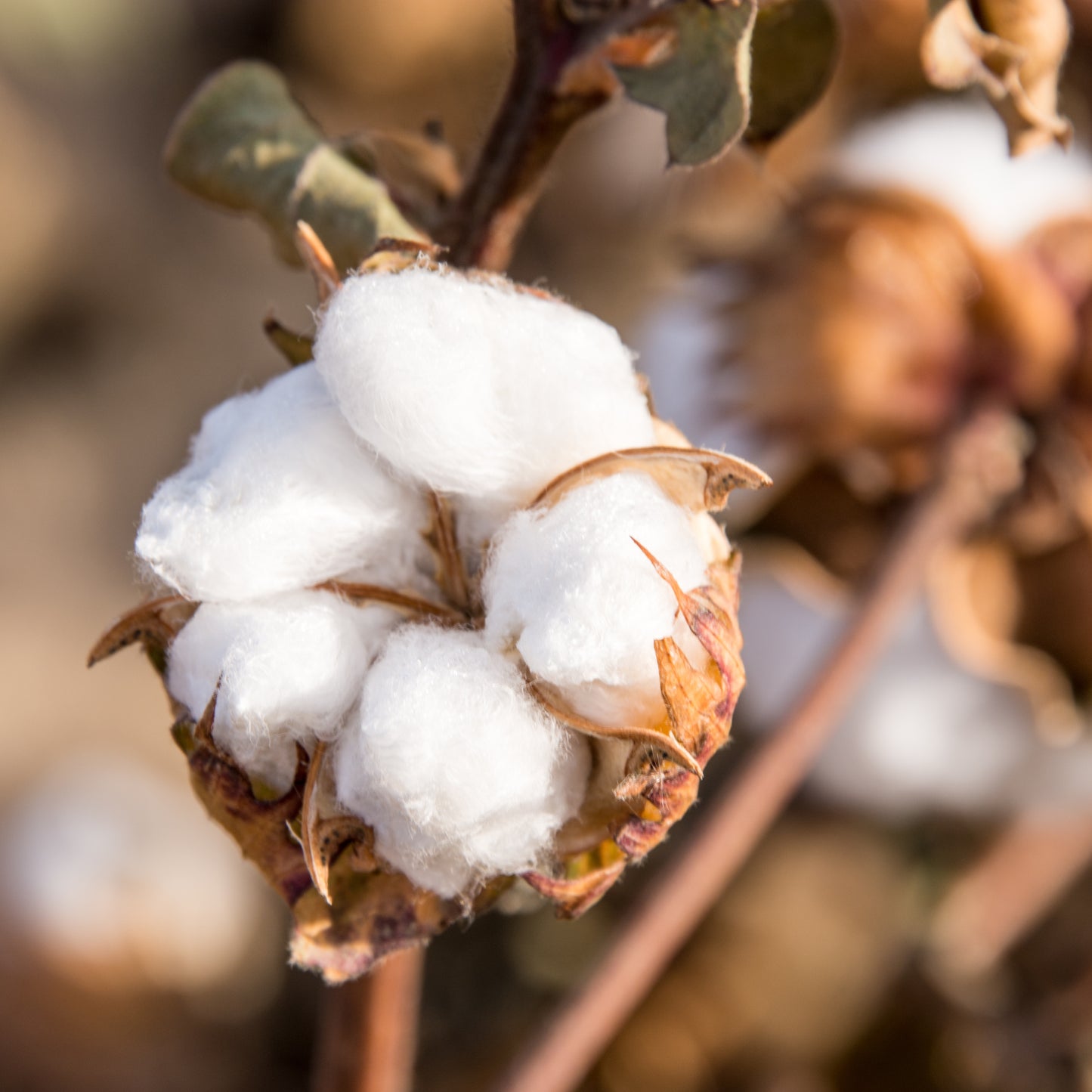We clean up after ourselves.
Ecommerce deliveries have a carbon footprint. That's why we support verified projects that remove carbon from the air.



Every delivery’s carbon footprint is calculated based on weight, shipping method, and distance traveled. We neutralize these emissions by purchasing verified carbon removal credits from groundbreaking projects.



With your purchase, you’ll join a community of proactive merchants and customers dedicated to a sustainable future. Together, we've removed emissions for over 69 million deliveries and removed over 49 thousand tonnes of carbon.

We work with a network of pioneering carbon removal companies that have been vetted by the commerce platform Shopify.

Passion For Plantation
Egyptian Cotton Plant Seeds (Gossypium barbadense)
Egyptian Cotton Plant Seeds (Gossypium barbadense)
Couldn't load pickup availability
Embark on a journey of luxury and quality with our premium Egyptian Cotton Plant Seeds (Gossypium barbadense). Renowned for its long, silky fibers and superior quality, Egyptian cotton is coveted worldwide for its use in producing high-end textiles and fabrics. Now, you can grow your own Egyptian cotton plants and experience the satisfaction of cultivating one of the finest cotton varieties available.
Features
- Premium Quality Seeds: Each pack contains high-quality Egyptian Cotton Plant seeds, carefully selected for excellent germination rates and healthy plant development.
- Long Staple Fibers: Egyptian cotton is known for its long staple fibers, which contribute to its strength, softness, and lustrous appearance.
- Superior Quality: The fibers produced by Egyptian cotton plants are prized for their superior quality, making them ideal for luxurious textiles and garments.
- Climate Adaptability: Egyptian cotton plants thrive in warm, sunny climates with well-draining soil, making them suitable for a wide range of garden settings.
Benefits
- Luxurious Textiles: Grow your own Egyptian cotton and harvest high-quality fibers for crafting luxurious textiles, bedding, clothing, and more.
- Softness and Durability: The long staple fibers of Egyptian cotton create fabrics that are exceptionally soft, durable, and resistant to pilling.
- Versatile Use: Use harvested cotton fibers for spinning, weaving, knitting, or other textile arts to create custom-made fabrics and projects.
- Educational Experience: Cultivating Egyptian cotton provides a unique learning opportunity about the cultivation and processing of this prized crop.
Planting Instructions
- Timing: Sow Egyptian Cotton Plant seeds outdoors after the last frost date when soil temperatures are consistently warm.
- Soil Preparation: Choose well-draining soil with a slightly acidic to neutral pH. Sandy loam or loamy soil rich in organic matter is ideal.
- Sowing Depth: Plant seeds 1/4 to 1/2 inch deep in prepared soil, spacing them about 6-12 inches apart in rows or blocks.
- Sunlight: Egyptian cotton plants require full sun exposure to thrive and produce healthy cotton bolls.
- Watering: Keep the soil evenly moist, especially during the germination and flowering stages. Avoid overwatering, as soggy soil can lead to root rot.
Growing and Care
- Thinning: Once seedlings emerge, thin them to the desired spacing to allow proper airflow and room for growth.
- Fertilization: Apply a balanced fertilizer or compost during the growing season to provide nutrients for healthy plant development.
- Weed Control: Keep the area around Egyptian cotton plants free from weeds to reduce competition for nutrients and water.
- Pest and Disease Management: Monitor plants for pests such as aphids or cotton bollworms, and treat as needed with organic pest control methods.
- Harvesting: Harvest cotton bolls when they are fully mature and the fibers inside have developed. Remove bolls from the plants and allow them to dry before processing.
